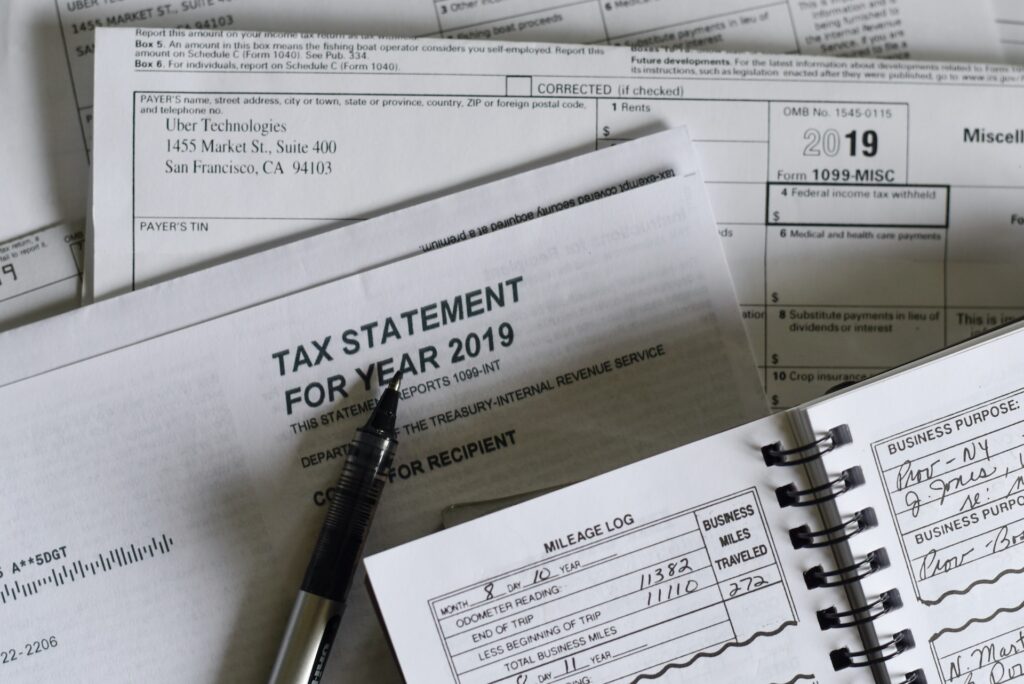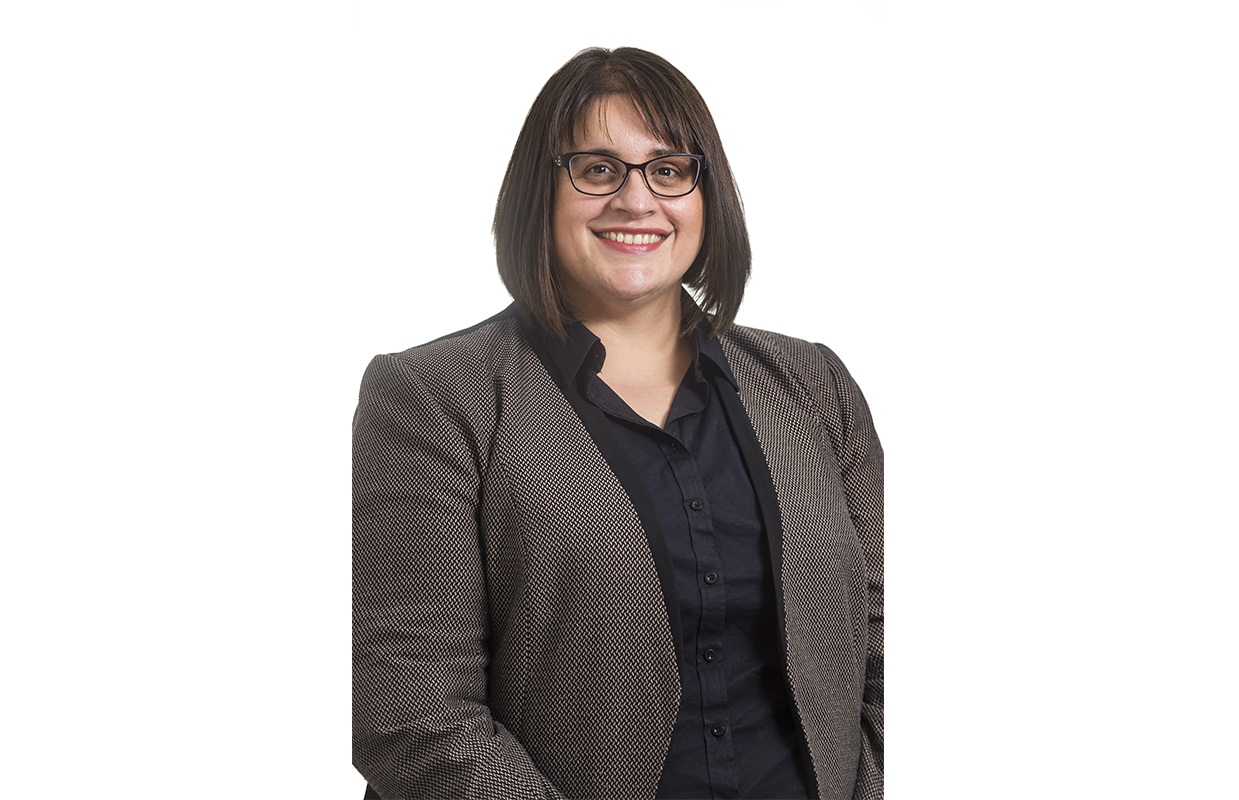The 2019 financial year is quickly drawing to a close and we believe it is important that all our clients are informed of changes to the tax system and strategies to potentially reduce costs and taxes. The purpose of this is to make you aware of these important changes however the articles are for general advice and we encourage you to contact us if you require further assistance.
Business EOFY Matters
Write Off Bad Debts
If you account on an accrual basis, you should now be writing off bad debts from your debtors listing. This needs to be done before 30 June 2019.
Prepay Expenses
Small businesses are eligible to deduct any prepayment that has a service period of less than 12 months and all businesses can deduct prepayments that are either required under a Government law or cost less than $1,000. Consider prepaying your expenses, so a tax deduction can be claimed in the 2018/19 year.
Single Touch Payroll
All employers will be required to report via a Single Touch Payroll (STP) system from 1 July 2019. This will ensure that the ATO is advised of your details in real time for each pay run processed.
The ATO has given employers up to 30 September 2019 to start using a STP system; i.e. you can start reporting anytime up to 30 September 2019. Please also note that there will be no penalties for mistakes, missed or late reports for the first year (i.e. the 2020 financial year).
You may have already received correspondence from your software provider, including details about upgrade and add-on options. If you have not already done so, we strongly recommend you contact our office to discuss your STP requirements.
Employer Compulsory Superannuation Obligations
The deadline for employers to pay SG contributions for the 2018/19 financial year is 28 July 2019. For a deduction to be made in the 2018/19 year, the contribution needs to be received by the superfund by 30 June 2019. It is therefore recommended contributions are made early so as to avoid processing delays which could deny you a tax deduction in this financial year.
Instant Write Off for Assets < $30,000
The $30,000 instant asset write-off for small business entities has been extended by 12 months to 30 June 2020. This means, small business entities (annual turnover of less than $10 million) and medium sized business entities (turnover between $10 million and $50 million) will be able to immediately deduct purchases of eligible depreciating assets costing less than $30,000 that are purchased between 2 April 2019 and 30 June 2020. Small business entities can also immediately deduct purchases of eligible depreciating assets, up to the following thresholds:
- $30,000 from 2 April 2019 to 30 June 2020
- $25,000 from 29 January 2019 to 2 April 2019
- $20,000 before 29 January 2019
These assets need to be first used or installed ready for use by 30 June 2019 to get a deduction in this financial year. The asset can be new or second hand, but cannot include structural improvements to your building. From 1 July 2020, the threshold will revert back to a $1,000 threshold.
Personal EOFY Matters

Donations and Gifts
Should you intend to make a tax-deductible gift or donation, then you should ensure that the payment is made on or before 30 June.Check on the ABR website that the charity or recipient is an ATO endorsed deductible gift recipient. A deduction will not be allowable if you receive some benefit (e.g. raffle tickets), unless given at an eligible fund-raising event.
Super Contributions
For the year ending 30 June 2019 the maximum concessional superannuation contribution is $25,000 (which includes superannuation guarantee paid for by an employer, personal contributions and salary sacrificed amounts) for individuals aged up to 75 years. Where you are over 65 years of age, you can only make a personal concessional contribution where you satisfy the work test.If you wish to claim a personal super contribution as a tax deduction you will need to make this contribution to your fund prior to 30 June 2019 and get an acknowledgement from your fund that you intend to claim the contribution as a tax deduction.
Reduce Capital Gains Tax (CGT)
If during the year you have realised a capital gain from an investment prior to 30 June, consider triggering a capital loss by selling poorly performing investments that no longer suit your circumstances.This will allow you to use the capital loss to offset your capital gain and save tax. You will also have additional funds for more suitable investment opportunities.If you are about to sell a profitable asset late in the financial year, you may wish to defer the sale contract until after 30 June 2019. This may defer the capital gains tax payable until May 2021 and there is also the possibility of reducing the CGT during the 2020 year.
Matters for your Attention for your 2019 Tax Return
Income statements to replace payment summaries – If your employer reports through Single Touch Payroll they are not required to provide you with a payment summary. Income statement details will be available through ATO online services via MyGov and to us via ATO reports.Processing of 2019 tax returns – The ATO will start full processing of 2019 tax returns by Friday 5 July. Refunds will start to be received by 16 July.
ATO Data Matching
The ATO receives transactional data from banks, companies, managed funds, state government departments, including interest, dividends, distributions from managed funds, details of land and property sales and purchases, motor vehicles, boat purchases. The ATO uses this data to confirm that proper disclosures have been made in income tax returns.
Revised ATO Rates for Claiming Motor Vehicle Usage and Home Office Hours for 2019
The ATO have updated the cents per kilometre rate for claiming work related kilometres to 68 cents (from 66 cents); and the hourly rate for home office usage to 52 cents (from 45 cents). Diary evidence of work kilometres travelled or hours worked at home in a dedicated work area need to be maintained to support your claim.
Important Dates to Remember

Important Dates to Remember for the 2019 Financial Year
1 July
Start of the 2020 financial year.
14 July
PAYG Payment Summaries must be issued to employees (for Non-STP employers).
21 July
Payroll Tax – Remittance is due for June and Reconciliation for the year.
29 July
Superannuation: last date to pay required Superannuation Contributions for June 2019 quarter to avoid paying Super Guarantee Charge (this charge incurs penalties and amounts paid are not Tax Deductible).
31 July
For employers reporting through STP, a Finalisation Declaration must be lodged with the ATO for each employee by this date.
14 August
Payment Summaries must be sent to the Tax Office (for Non-STP employers)
28 August
Taxable payment reporting due to the ATO for all businesses in the cleaning and construction industries. Date for lodging Superannuation Guarantee Statement and paying Superannuation Charge (if applicable).
15 September
Return to Work SA – 2018/2019 Reconciliation Statement and Remittance due.







